The Council of Europe Convention on Action against Trafficking in Human Beings
(in force for Bulgaria as of 18 June 2007) aims to:
- Prevent trafficking in human beings;
- Provide protection to the victims of trafficking;
- Ensure criminal prosecution of traffickers; and
- Encourage coordination of national actions and international cooperation.
The main added value of the Convention is its focus on human rights and victim protection. The Convention defines trafficking in human beings as a violation of human rights and an offence to the dignity and integrity of the human being. The national authorities are liable for failure to take the necessary action to prevent trafficking in human beings, protect victims and effectively investigate cases of trafficking in human beings.
Directive 2011/36/EU of the European Parliament and of the Council of 5 April 2011 on preventing and combating trafficking in human beings and protecting its victims
The Directive expands the scope of the crime of trafficking in human beings by including other forms of exploitation (forced begging, exploitation of criminal activities, trafficking for the purpose of the removal of organs). It also obligates the Member States to provide appropriate protection and support to victims before, during and after the completion of criminal proceedings.
The Directive also sets out an explicit prohibition of criminal prosecution and punishing of victims of trafficking for any crimes committed under force and in a situation of trafficking in human beings.
Directive 2012/29/EU of the European Parliament and of the Council of 25 October 2012 establishing minimum standards on the rights, support and protection of victims of crime
- Measures to avoid visual contact between victims and perpetrators;
- Hearing the victim without the victim being physically present in the court room through the use of communication technology;
- Avoidance of unnecessary questioning of the victim concerning the victim’s private life;
- Hearing the victim without the presence of the public.
Directive 2004/81/EC of 29 April 2004 on the residence permit issued to third-country nationals who are victims of trafficking in human beings or who have been the subject of an action to facilitate illegal immigration, who cooperate with the competent authorities
The Directive sets out the terms for issuance of a residence permit for a limited period depending on the duration of the national proceedings applicable to third-country nationals who cooperate in combating trafficking in human beings and illegal immigration.
The Directive also applies to victims of trafficking who entered the territory of a Member State illegally.
The Directive explicitly provides for a reflection period for victims of trafficking so that they may make an informed decision whether to cooperate with the authorities. During the reflection period victims shall be given the necessary accommodation, medical and psychological assistance, legal and linguistic help in line with the national legislation.
Council Directive 2004/80/EC of 29 April 2004 relating to compensation to crime victims
The Directive guarantees the right of victims of a violent intentional crime committed in a Member State other than the one where they reside habitually to lodge an application for compensation before the competent authority in the respective Member State.
As regards migrants, along with the Geneva Convention relating to the Status of Refugees (1951), the following rules also apply to EU Member States with regard to providing international protection to victims of trafficking in human beings:
- Directive 2013/33/EU – Standards for the reception of applicants for international protection (recast of Directive 2003/9/EC regarding reception).
- Directive 2011/95/EU – Minimum standards for recognition and the status of refugees/persons with subsidiary protection. Victims of trafficking are deemed to be “vulnerable persons”.
- Directive 2013/32/EU on common procedures for granting and withdrawing international protection (recast of Directive 2005/85/EC as regards procedures).
According to these rules, the circumstance that a person was the victim of trafficking or is exposed to the risk of becoming a victim of trafficking in human beings may determine the requirements for international protection and whether victims of trafficking are granted refugee status or subsidiary protection.
